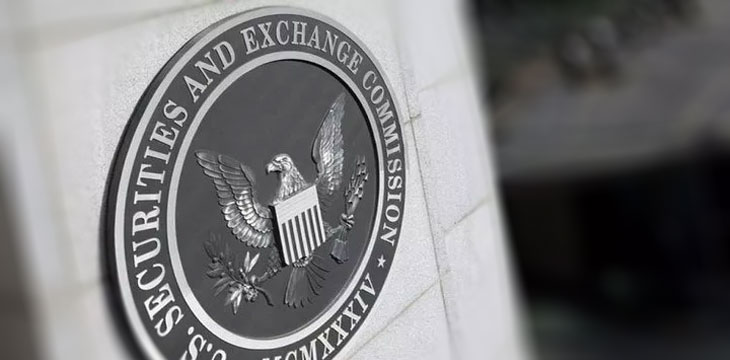
All around the world, there are regulatory agencies that have notified investors about the dangers of investing in cryptocurrency and initial coin offerings (ICOs), pointing out that there are many in the sector attempting to defraud investors and pull off “exit scams.” This time, the U.S. Securities and Exchange Commission (SEC) has issued a cease and desist against a fund that invests in cryptocurrency.
The SEC issued a cease-and-desist order on April 1, 2019, against Mutual Coin Fund, LLC, and its founder, Usman Majeed. Majeed is a 27-year-old that resides in Saginaw, Michigan, and the order claims that he raised over $560,000 from 15 investors, at least one of which was non-accredited. The SEC also pointed out that Mutual Coin Fund had never registered with the SEC.
The fund claimed that it would take a “quantitative approach” that used “big data” to create a return for investors. The SEC is accusing Majeed of misrepresenting the amount of money raised, and that the fund had declined significantly—by 62%—as of February 28, 2019.
It should be noted that as of press time, the cease-and-desist order is one of an administrative nature, rather than criminal charges. For those who were wondering about what cryptocurrencies that the fund claimed to invest in; its website states that the fund was interested in stable cryptocurrencies such as Bitcoin Core (BTC), Litecoin (LTC), and Ethereum (ETH). The website also boasts that the fund’s employees have “crypto experience since 2011” and that it had “proprietary technology” with respect to its trading strategies.
This wouldn’t be the first time that this has happened in the United States. The SEC doesn’t always bring criminal charges against cryptocurrency-related companies or companies in general. One notable example is the fact that Gladius Network LLC was able to settle charges with the SEC without any penalty imposed, although the company pledged to return money to its investors.

 09-22-2024
09-22-2024


